

Welcome to my Jon Mac review of his Store Formula Course!
Jon claims his dropshipping course will have you create a 6-figure store in 4 weeks.
But does it really deliver on that promise?
He's also provides an alternative to Shopify with his own CommerceHQ platform.
That takes some balls to take on a giant in the eCom space!
But is it a safe bet for you to shun the tried and trusted Shopify?
All will be revealed, so let's jump in.
1. What is Store Formula?
Okay, so hold on to your britches...
The expectation is be up and finding your winning product (aka the product you can scale) within 4 weeks.
Be under no illusions.
This course is for the committed who can devote serious time and focus.
The course consists of 53 tutorials, lasting just over 9 hours.
Each week focuses on a different area of your business:
- 1Mindset & Getting Your Store Setup
- 2Finding Proven Products to Sell
- 3Facebook Ads
- 4Outsourcing
So, what do these topics cover?
Week 1
Mac devotes most of the 1st week to developing an entrepreneurial mindset.
Covering what often goes wrong, what's missing, and how much of a mind-game building a successful business really is.
One point that really resonated was the importance of the 1st 30 days and how you start.


In fact, this is a trend I see in many people I've worked with, regardless of the biz model. If someone is taking the right actions and lots of them right from the start, they will often find success.
On the other hand, if they struggle to be productive or just dip their toe in the water, that's a sign that they will stumble over the long term too.
Finally, Mac gets around to setting up your store.
And this is where Store Formula stands alone from other dropshipping courses because it uses CommerceHQ, Jon Mac's own eCom store builder.


Mac claims it's easier to use than Shopify and comes with all the bells and whistles without paying for any additional plugins or templates.
One of the Store Formula course benefits is complimentary access to CommerceHQ for an entire year, where you can build up to 6 stores.
It's worth noting that you'll incur fees for CommerceHQ from the 2nd year onward.
In theory, you should have a 6-figure store by then, so the $299 a month (or $3588 a year) shouldn't be a problem by then.
Week 2
The 2nd week is all about sourcing the right products for your store.
Mac's preferred strategy here is monitoring Facebook feeds to get a feel for trending items.


It's all about copying what is already working and seizing on the interest to generate sales.
Jon has a ready-made database of products to sell on your store, including images and copy.
There are lessons on optimizing your store for conversions by enhancing its credibility and appearance.
Week 3
In the 3rd week, it's time to jump into Facebook and your advertising strategy.


This is where big money is spent, and it's essential to really know what you're doing, or it can mean throwing a lot of money down the drain with no results to show for it.
Week 4
Here the focus is on outsourcing and getting help to manage things like customer service.
Outsourcing is essential to scaling and staying sane while doing it.
Jon talks about how most dropshippers burn out quickly because they work 10-12 a day, trying to manage everything themselves.
Instead, building a business should be viewed as a marathon, not a sprint.
It requires commitment and dedication to build steady success.
Some of the areas covered in this module are:
Jon is quick to point out that the behind-the-scenes work isn't sexy, but it is vital to your overall success.
The 4 areas you need to work through are:
- 1Systems
- 2Processes
- 3Organization
- 4Management
I have some mixed opinions about whether it's realistic to have the income to hire VAs so early in your business.
Realistically it takes a lot of time and energy to hire good ones and train them.
Bonus Section
There's an additional bonus section with Q&A sessions lead by Jon Mac with Store Formula students.


You'll find some useful info with students asking questions - mostly about their ad campaigns and Facebook manager account issues.
Overall, there's enough here in Store Formula to get started as a complete newbie or someone who wants a process laid out to follow.
2. Who is Jon Mac?
Jon hails from Canada and is very proud of his roots.


He's been an entrepreneur for over a decade.
Getting his first taste of eCommerce success selling custom-designed apparel using TeeSpring.
Like many who've found a way to build a successful dropshipping store, he decided to produce a course to teach others his secret recipe.


Mac holds several eCommerce training events for people wanting an intensive learning experience.


In 2019, Jon released his own book detailing how to grow an eCommerce empire.
If you check out Jon's social media feed, he sometimes offers discounts on the book.


Now, here's where Jon has separated himself from the rest of the pack.
Recognizing what was missing from the Shopify platform and what additional plugins people had to pay for, Jon designed his own eCommerce platform, CommerceHQ.


It sounds like it was quite the ordeal in getting the site up and running with a team of developers.
One quality that comes across is Jon's understanding of how the mental game impacts success.


IMO, building a biz is a roller coaster ride.
It's essential to be mentally strong enough to handle the dips while not taking your foot off the peddle during the good times.
3. How does Dropshipping Work?
The cool thing about dropshipping is it allows anyone with an internet connection and some decent financial resources to start selling products online.
You don't even touch the products even better because you use a supplier who embraces the dropship model to do all the packaging and shipping for you.


Now, it's not as easy as it sounds.
You still have to find the right product and generate sales with profit.
And the majority of dropshippers struggle to make a decent profit.
It's certainly not the Fastlane to being able to quit a miserable 9-5.
4. Is Dropshipping Legit or a Scam?
There are parts of dropshipping that are totally legit.
Many industries have a middle-man who connects suppliers or manufacturers with customers at the end of the day, taking their sliver to deliver.


From a dropshipping example, Wayfair is a national brand making it work on a massive scale, generating billions in sales revenue year after year.


From a dropshipping example, Wayfair is a national brand that works on a massive scale, generating billions in sales revenue year after year.
Here's the deal, though: while a dropshipping company like Wayfair can boast obscene sales numbers, their profitability is a very different story.
(They can thank the pandemic and all the people working from home for the influx of sales in 2020).


This is one of the biggest reasons why dropshipping comes across as a scammy to people thinking of getting involved.
As an industry, it's saturated with people posting these massive vanity metrics, but they don't say anything about their profit.


And there's an excellent reason for this.
In the vast majority of cases, the profit isn't anything to be excited about - if there is any profit after all the expenses are counted for.
Anyone who knows business understands that the ONLY thing that matters is PROFIT.


If you don't make money, you won't stay in business for long.
I hate to shatter any dropship-dreams here, but someone has to be real.
Because the gurus selling dropshipping courses won't share the real story until after you're in the program and questioning why you still can't quit your job.
5. How much does Jon's Course Cost? Any Specials?
It's just shy of $1000.
As a marketer, Jon knows to round down slightly because it converts better.


I'm not so sure about the $6000 'everyday price'.
There's no way to justify paying that much for 4 weeks worth of training in a saturated business model.
If it's just a sales gimmick, I'm not a fan of that.
It's like assuming the people buying the product aren't smart enough to see it's just an inflated price to make the actual price seem better.
Pros of Store Formula
6. Comprehensive Facebook Ads training
Here's the deal: Facebook ads are indispensable for most dropshippers.
Without a celebrity hook-up or a red-hot email list to work with, you'll have to rely on Facebook or Instagram (Facebook owns them both) to get eyeballs on your store.
The section here for getting up and running with Facebook is more than adequate for a beginner to get started.
Interestingly, some of Jon's ad philosophies fly in the opposite direction to the method taught by some of the big names.
"Do not believe people who say you need to warm up the pixel" - Jon Mac
Mac encourages students to use his CBO method to produce the best results because it allows Facebook to decide where best to allocate your ad budget.
However, expect to be publishing new ads daily and deciding which ones to scale.
And this isn't going to work for some people.



To give you an idea, getting an FBA business off the ground will set you back around $15k with all the inventory and expenses.
The same figure is probably accurate with dropshipping to find winning products and all the testing that goes into it.
And don't forget that you need to be able to front the cost of any items you've sold.
You need to pay your supplier before they ship them to your customer.


Anyway, getting back to the nuts and bolts of Store Formula.
Some real nuggets boost conversation rates, such as moderating comments to prevent scammers or damaging posts that dissuade buyers.
7. Designed for a fast, immersive start
As much as this section isn't really about dropshipping per se, it covers some of the essential elements that will make or break someone getting starting in a new business.


This is especially true if you don't have any previous entrepreneurial experience to draw on.
Trust me, it really helps to have a quality mentor because there's a HUGE learning curve.


Not only does Jon get into the mental blocks which you'll need to overcome, but he goes into planning a 30-day plan of attack.
This is an excellent idea because getting off to a strong start is essential.
Even more so when your training course is only 4 weeks long.


One drawback I can see with Jon's strategy here is it's a lot of theory and requires the student to interpret their own way to "bridge the gap" for themselves.
8. CommerceHQ makes store setup a breeze
With having everything in 1 place and being a drag and drop format, it's swift to put together stores and funnels.


They have several ready-to-go templates, which I'd recommend using.
Trying to build your own template from scratch is a bit more tricky, plus you'll have to learn all the design elements to get started.
9. Jon's experience in the eCommerce space
So here's the deal; there are some negative comments out there about Jon Mac and his agency.


It looks like hiring his agency is an upsell if you basically want to pay them to do most of the legwork for you. Namely, find a product, test, and scale.
Btw, you need to be ready to drop $2-4k on start-up costs to qualify for a call - not surprising because you really do have to spend money to make money.


As for dropshipping, unfortunately, there is nothing available on how many dropshipping stores Jon has himself. And if he does have some, how much profit they generate.


Is the money he makes purely from selling his courses, agency services, and conferences? Does he still dropship?
However, Jon Mac does comes with an established reputation in the eCommerce space.
The fact that Jon holds multiple in-person eCommerce conferences throughout the year is a sign that he produces and is accountable on some level. Otherwise, no one would attend.
Or someone with an ax to grind could go and hunt him down.
With over a decade of experience as an entrepreneur and the section on what it takes to be successful, it's clear that Jon has paid his dues in business.
Cons of Store Formula
10. Limited product research
On the one hand, Jon's Accelerator App spoon feeds you products to pick from, but I also believe it's crucial to learn the research process yourself.
Otherwise, you're always counting on someone else to tell you what products to sell.


You're handing over control of your product selection to someone else who can charge you want ever they want or keep the best options for themself.
Here's the deal; I like how Jon goes straight to the source for product ideas. Namely, social media feeds to see precisely what is hot right now.
He covers some of the qualities to look for when selecting products to test in your store.


Then you can go and find an option already pre-selected for you by his team.
But doesn't go into detail on how his team chose the item.
IMO a useful course details multiple product research methods: social media, ecom spy apps, Google trends, etc.
You needed to understand how to find your own products and have a full picture of their trends and sales cycle.
11. Designed to be used with CommerceHQ only
This makes me nervous.
CommerceHQ is a relatively small platform.
There are no guarantees that it will survive long-term or have the resources to keep up with Shopify.
You might be asking who's better, CommerceHQ vs Shopify?


Jon's saw a need for an alternative to Shopify, and having to pay for all the themes and plugins, which not only were extra expense but made stores clunky.
Another big plus is no fees.
Shopify takes a cut of everything paid to your store.
And trust me, those fees really take a bite out of your profits.


CommerceHQ has some great features built-in that sync seamlessly.
A great example is the drag-and-drop sales funnel.


In theory, CommerceHQ sounds excellent, and it's certainly more comfortable for a newbie to get started. Still, it's a gamble if the platform does take off long term.
Now, want to use Shopify out of personal choice, you're going to have to find separate store setup training.
12. Ad strategies need deep pockets
This isn't explained upfront before buying the Store Formula training and has caught a few people out.


The bottom line is you need money to make money.
Yes, Jon's ad strategies involve creating new ads E-V-E-R-Y day, which comes with considerable ad expenses.



This is part of the dropshipping world, and anyone who thinks they can enter this business model and on a shoe-string budget is naive.
13. Not a recommended business model for 2021
There are several reasons for this—any one reason on its own enough to make someone question the viability.
Now, when you take them all into account together, it's clear that dropshipping is a risky biz model with diminishing returns for 99% of people getting involved.
It's certainly not going to be able to replace your soul-sucking 9-5 and help you fire your boss.
What are the Top 5 Red Flags?
1 - It's a saturated market
It's become so easy to become a dropshipper that anyone with an internet connection can get a store up and running in less than an hour. It might not be great, but it's still another competitor.


As with any industry, people identify services to offer. In dropshipping, that has meant lots of hacks and spy apps.
Meaning, any competitive advantage you might think you have with a new product or high-end copy doesn't matter. There'll be thousands of people copying your exact method in no time.
Think that's bad?
Many dropshippers hire VA farms to hijack your ads and fan pages with negative comments and bait your customers to their own stores.
It's sad to see how many people have to deal with these parasites sucking away the customers they have paid a lot of money to get in front of.
2 - Relying on paid advertising for your income.
Speaking of buying customers, Facebook is the bread and butter for most dropshippers which is worrying for a few reasons:
Facebook is notorious for locking and shutting down people's ad accounts anytime their alogrithm isn't happy with something you did.
Facebook, which also owns Instagram, has increased ads' cost by over 90% in recent years. This is eating away at your profit margin if you have one.


Oh, and who knows what the audience's quality will look like with the new Apple privacy opt-outs.
Plus the increasing pressure on governments to create regulations for social media companies around data use.
3 - Longer shipping times & increasing costs
This is a huge problem right now!
Covid has created massive disruption in the international shipping trade resulting in long delays and big hikes in costs.
When delivery times were already a problem, now they are even worse.
The hike in shipping costs needs to be factored in somewhere.
Will are your customers willing to pay more? Do you absorb the cost and take a hit to your already diminishing margin?


And remember, you're competing with Amazon's Free 2 day shipping in most of the top 5 countries for dropshipping.
4 - A new shift in eCommerce
The pandemic forced a lot of businesses to adapt.
People didn't want to or couldn't leave home to go shopping. As a result, prominent brand names elevated their online ordering and delivery options. It's not just Amazon anymore; Target, Walmart, Wayfair, and more are all competing for their fair slice of the pie.


Many smaller businesses had to adapt too and now have their own eCommerce channels, complete with their own branding and products.
5 - It's an unfair playing field
This brings us to my 5th concern and something that most people selling courses won't tell you.
The way people are making money with eCommerce now isn't technically 'dropshipping' anymore.
You'll hear people talk about how important it is to have a brand.
To have a supplier brand your products requires ordering in quantity.
And that requires capital and knowing what you're doing with product research and marketing so you don't squander every penny.
The cold hard truth; the days of ordering from AliExpress have long gone.


The big players in the so-called 'dropshipping' model work with their trusted suppliers, have fulfillment centers, and their own team of VAs to handle product research and customer service.
IMHO, there are a handful of more promising online business models.
Concluding Thoughts
14. Do Jon's Students Actually Make Money?
As already stated, there are plenty of people grumbling about Store Formula being a rip-off. It is not clear the amount of money needed to apply the advertising strategies.
There are the customary student post testimonials but does anyone really trust them without hearing first hand?


Some huge sales numbers are being thrown around, which is tempting to think it works, but I see 3 problems.
1 - Sales numbers don't paint a realistic picture.
High financial turnover doesn't mean anything; only PROFIT does.
And there's no mention of profit here.
Without profit, you won't stay in business for long.
Why would you want to start a business without any real idea of how much profit you'll make or if you can even control whether or not you make a profit?
2 - These jaw-dropping sales numbers are dated in 2017.
I can assure you, dropshipping was a whole lot easier back then. It's a very different story now.
3 - With the video reviews, it's not clear if they paid Jon's agency to help them, if they paid for his 1-on-1 coaching, or went to one of his conferences.
It doesn't seem clear if they got their results purely from just following the Store Formula course.
Nor are they dated, so it could be more dropshippers in 2017, so it's like comparing apples to oranges.
15. Who's a Good Fit for Store Formula?
It is definitely someone willing to follow what they are told, step-by-step, not question or hesitate.
Some people will find this a good fit and don't want to have to think too much for themselves.


They will also need deep pockets to afford the ad spend required to put Jon Mac's strategies into practice.
16. What alternatives are there to Jon's Store Formula?
There's no shortage of options here. Some are good and others not so much.
For a more comprehensive list and insights, check out my dropshipping course review.
Of the brand name courses, two stand out.
Firstly if you have the resources, Anton Kraly and his high-ticket drop shipping program could be a good fit.
The focus is sourcing high-ticket products from local suppliers that provide higher margins and quick delivery times.
Click here for a full review of Kraly's course.


On the other end of the price spectrum is Franklin Hatchett's eCom Elites course.
Franklin's real forte is affiliate marketing. It could be argued that the low course price helps him get his affiliate links into more hands.
BUT there is a lot of great dropshipping info here, and it's by far one of the most comprehensive courses on the market.
For all the details, check out my eCom Elites review.


On Hatchett's popular YouTube channel, a quick word of warning has NOT made any dropshipping videos in over a year.
He promotes all kinds of other business models instead, including one that sounds just like local lead generation.
Pros and Cons of Store Formula
The Good and Bad of Jon Mac's Course
Hope you found this Store Formula review helpful.
I really like Jon Mac's philosophies and his business acumen. I also appreciate someone willing to take on the big players in a market and give the people what they want. Hats off to Jon there because that's a big project.
Overall, Store Formula tries to simplify the dropshipping process while keeping students moving fast to get up and running quickly.
Using CommerceHQ and the hand-selected products by Jon's team should take away some of the guesswork for those getting started. My main concern is the longevity of CommerceHQ is a big unknown.
The section on Facebook Ads is comprehensive, and from the student reviews, it has impacted their sales volume.
However, the ad strategies in Store Formula require significant financial resources to carry out and that will rule out a lot of people.
If someone is cash-poor and thinking dropshipping is the answer to all their problems, they're more than likely wasting their time (and $$$) anyway.
In fact, considering all the challenges facing dropshippers now with increased shipping costs, lengthy delays, the rising costs of ads, big questions over the targeting accuracy, AND it already being an oversaturated market with declining profit margins.
As an entrepreneur, I just can't recommend dropshipping as a viable way to build a long-term business.
There are too many problems and not enough upside.
How Does Dropshipping Stand up to Others? Like Lead Generation?
Have you read MJ DeMarco's The Millionaire Fastlane?
If not, I highly recommend it as a manual for entrepreneurship in the 21st century.


DeMarco has created the C.E.N.T.S. model for running a business through a checklist to see if it's a worthwhile endeavor


Let me show you how this works with a couple of examples:
18. Control
Here's the deal; you need to have as much control over your business, revenue channels, and fulfillment as possible.
Without control, one of these things could go down the drain, and you're powerless to do anything about it while you watch your income grind to a complete stop.
With dropshipping, you have limited control over the things that count:
In fact, there is plenty that can go wrong that you're powerless to prevent.
I had many wasted hours trying to figure out how to get my ad account reinstated with Facebook. It's still a massive threat to the millions of people who rely on it to drive sales.
Facebook uses an algorithm for most of its functions.
It's changing and becoming more forceful anytime we face social media scrutiny for misinformation. Ads get caught up in the same algorithm changes too.
With local lead generation, I have complete control over my site, what market to enter, and which clients I choose to work with.
There are no paid ads so I'm not putting my business as risk or dealing with rising costs.
There's a proven process to rank any site using some basic SEO techniques.
The best part, once they're ranked and rented out, it's passive income every month.


Here's an example of one of my sites that generates steady leads.
19. Entry
When something has a low barrier to entry, it's easy for anyone to move in and take their slice of the market.
This leads to oversaturation, and the only way to compete is by cutting prices. And trust me, racing to be the cheapest option is never a winning strategy that can last long; the next guy or gal will just undercut your price.


As a result, it's becoming more common to see people resorting to dirty tactics like hijacking your ads or fan pages with negative comments or links to purchase the same product cheaper at their store.
Sadly, when a business model has reached this point, it's only downhill from there.
On the flipside, local lead generation has a high barrier to entry.
These aren't skills that someone can learn from a few YouTube videos or trial and error.
There's a process to learn and refine.
It takes due diligence to select the right targets and the know-how to rank sites.
It doesn't have to be hard with the right business model and a great mentor but it will take effort and some sacrifice.


The rewards on the other side are so worth it though.
Conclusion
Hey, I hope you found some answers to your questions and even learned something new from this review.
I love the idea of Jon Mac taking on the big boys with his CommerceHQ platform and he really looks to have made it easy to build a store and pick a few products.
But is there enough here when dropshipping is dying off and being replaced by a more branded approach at every turn?
To be honest, investing your money in dropshipping is a major gamble right now because the odds are really stacked against someone lacking the experience and resources.
Instead, do your future self a favor and check out the local lead generation model here:
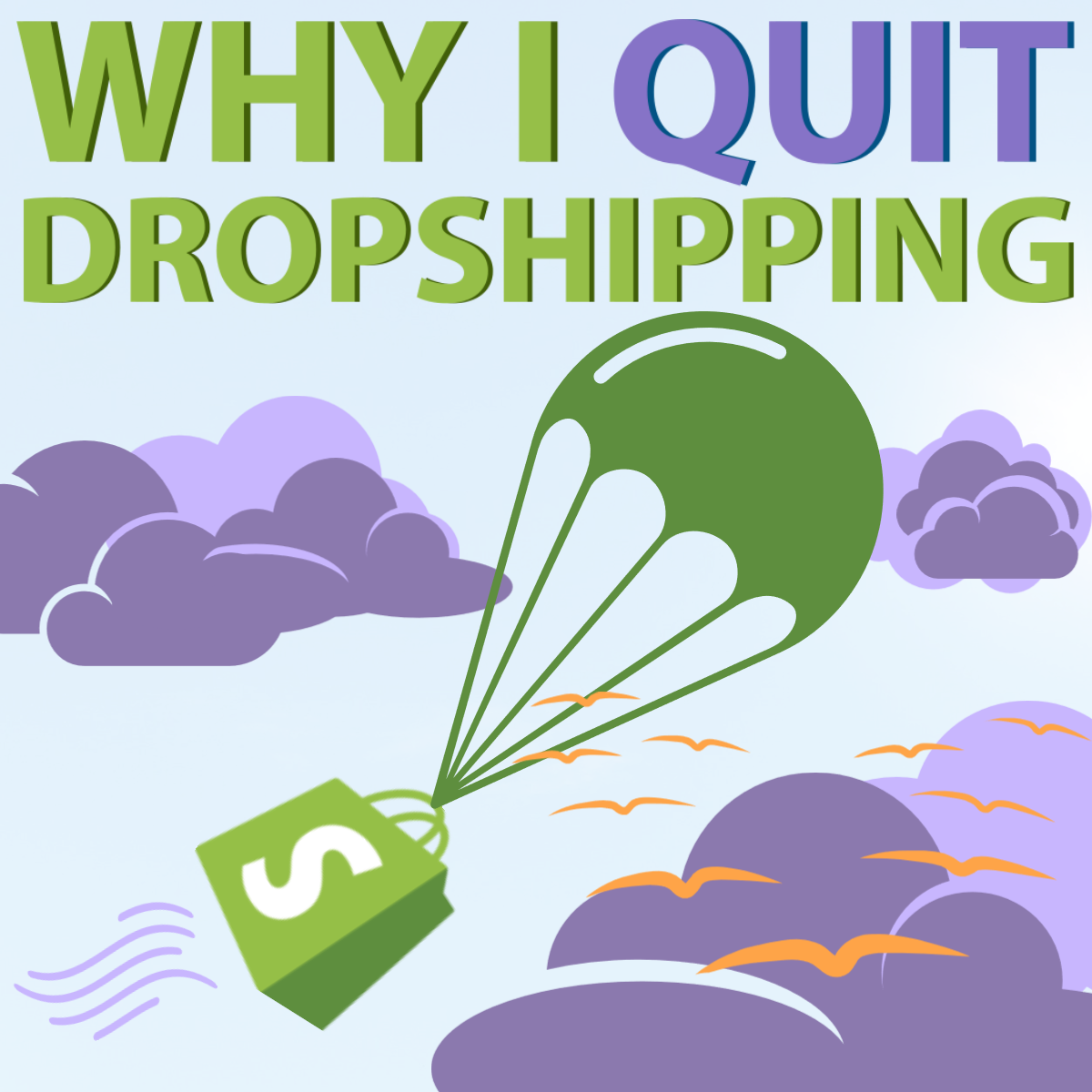

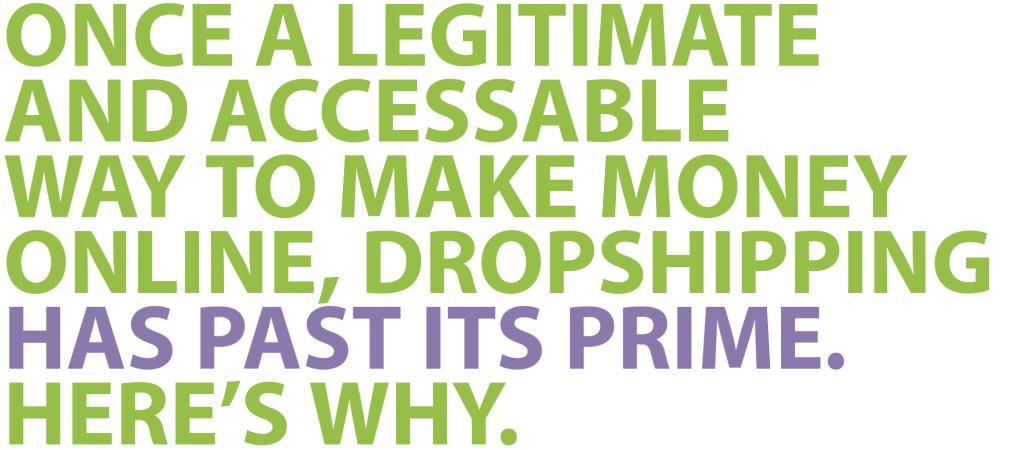



Literally anyone can get into dropshipping with hardly any effort or upfront cash. Regardless of what you're selling, you'll likely be competing with millions of other sellers in an extremely saturated market.
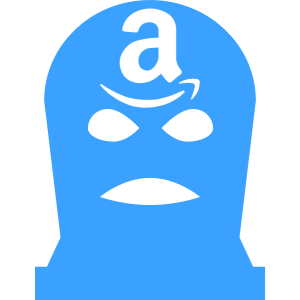

Plagiarism is rampant in dropshipping. It's far too easy for your competitors to copy your ads, your sales funnels, and even your Shopify store. Be assured that if you find a successful product, you will be copied and then undercut by your competition.
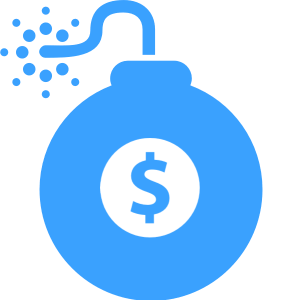

Advertisements have no guarantee of being profitable - and one should expect to occasionally have campaigns that fall short of expectations (which can cost thousands of dollars).


Facebook's ad prices have doubled this last year. Successful dropshippers can expect to profit roughly 8-15%, which only really works if you're selling major volumes of product.
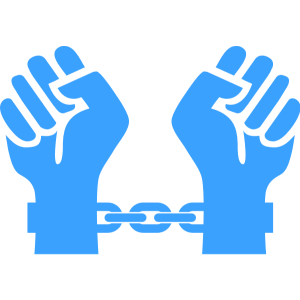

The key to long term wealth is in building and owning valuable assets, but with dropshipping, you own nothing. You're an enslaved middleman to Shopify, Facebook, and Google. Their ad and metrics systems are unreliable and ever changing - and account deactivations are a way of life in eCommerce.
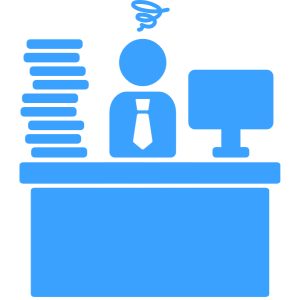

Ads must be developed and then monitored - and failing to do so could mean unprofitable ads or, even worse, ad account suspension.


Trending items are most often the only products that have a profitable ROI. Many businesses meet their ends on the fall of whatever trend they were capitalizing on.


Shipping from China takes six weeks, so expect lots of customer complaints and chargebacks (which are deducted from your bank account).


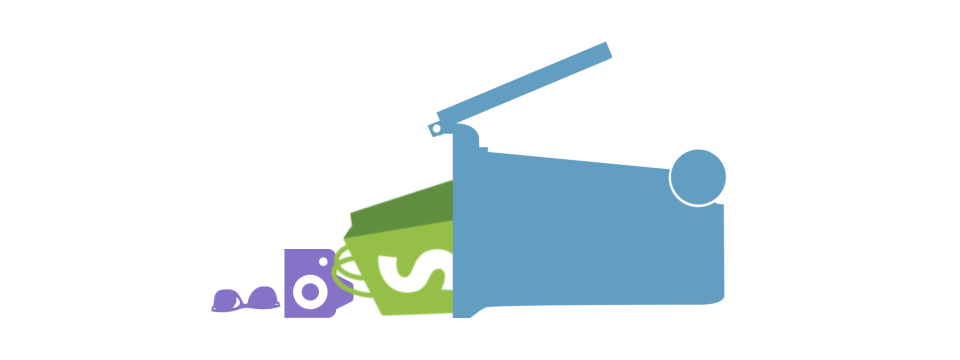

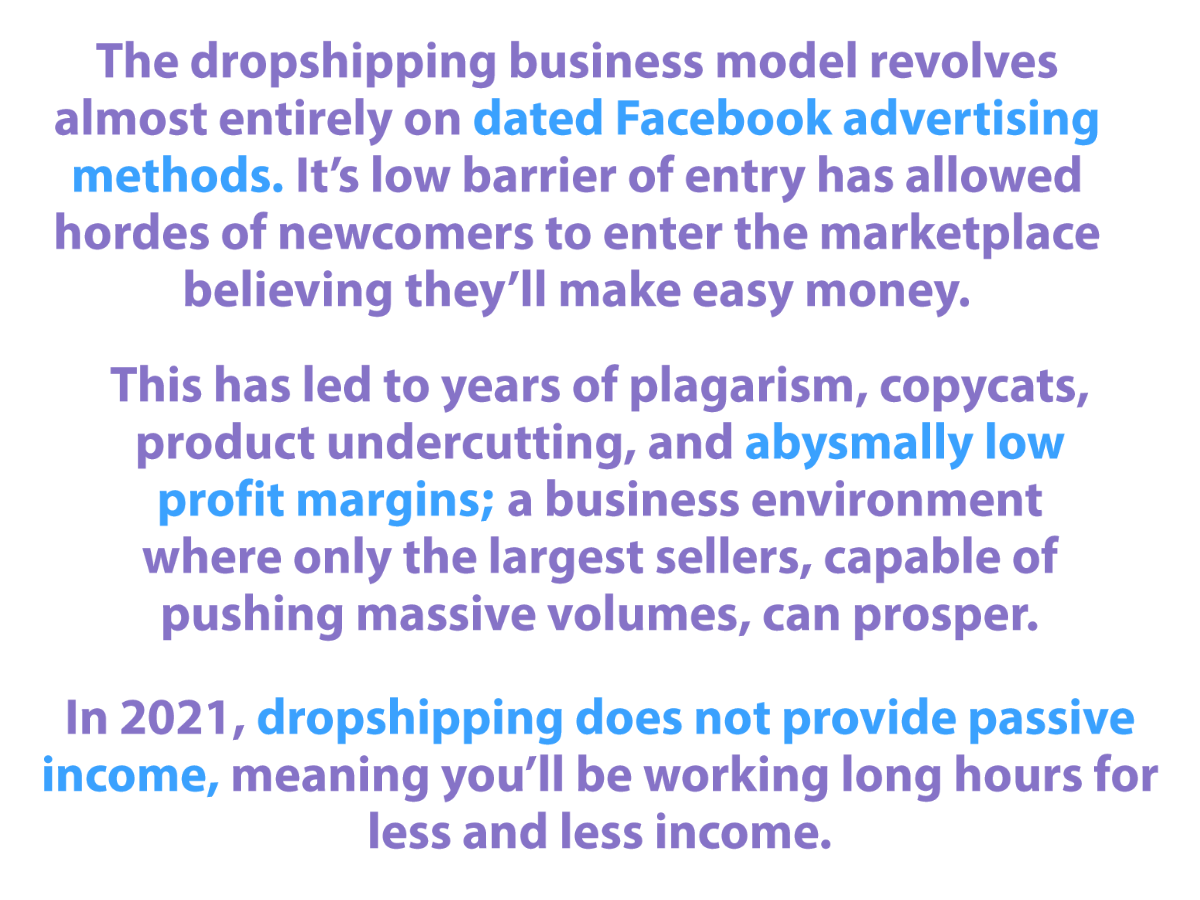

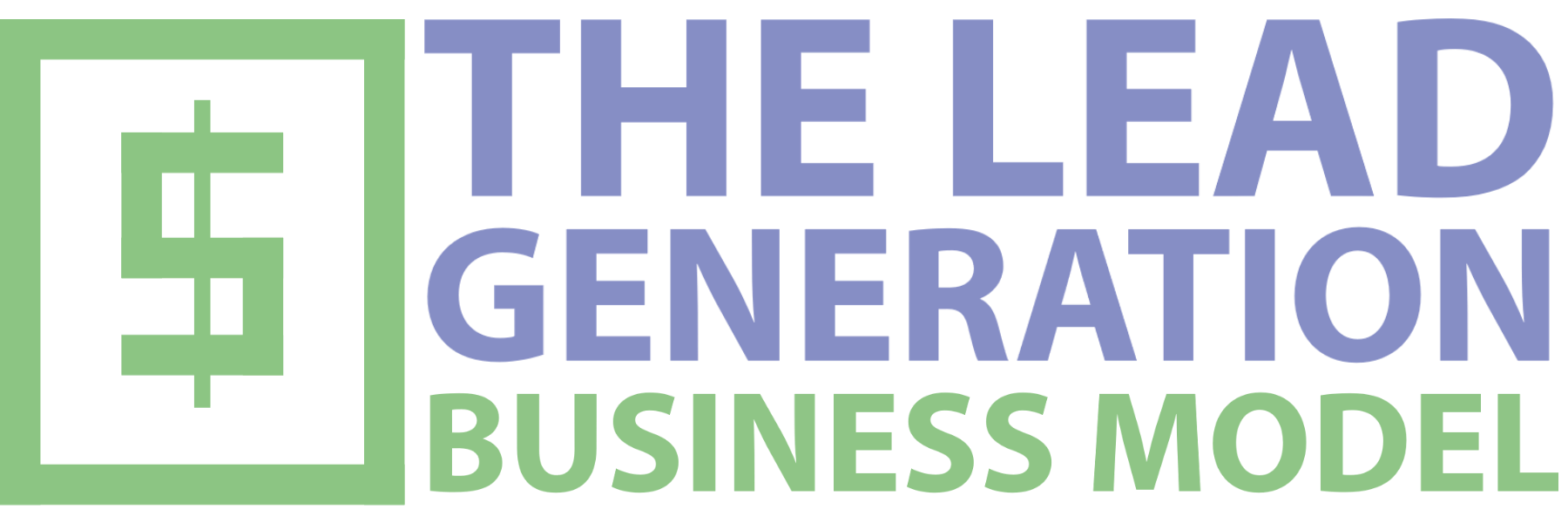



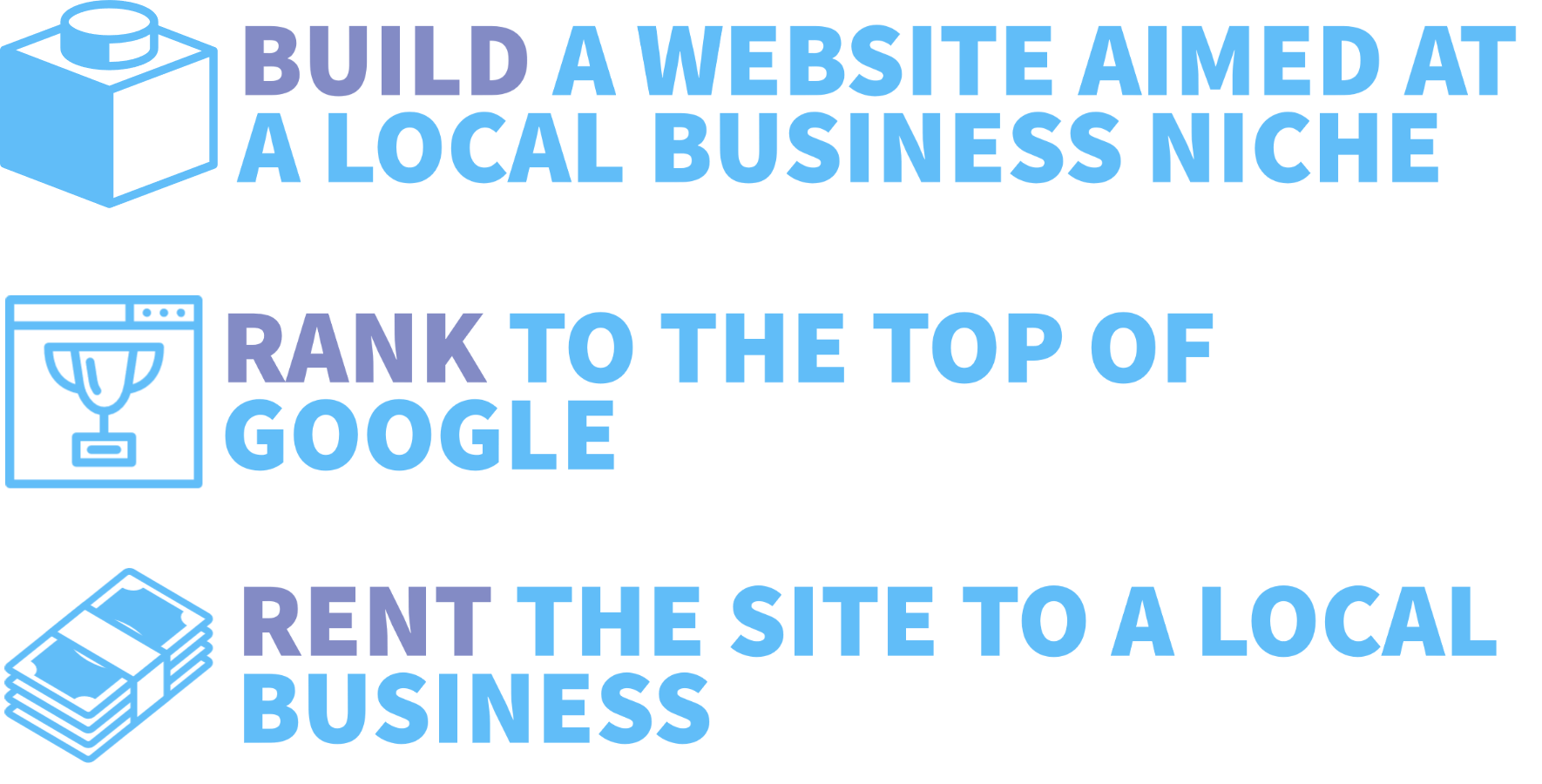



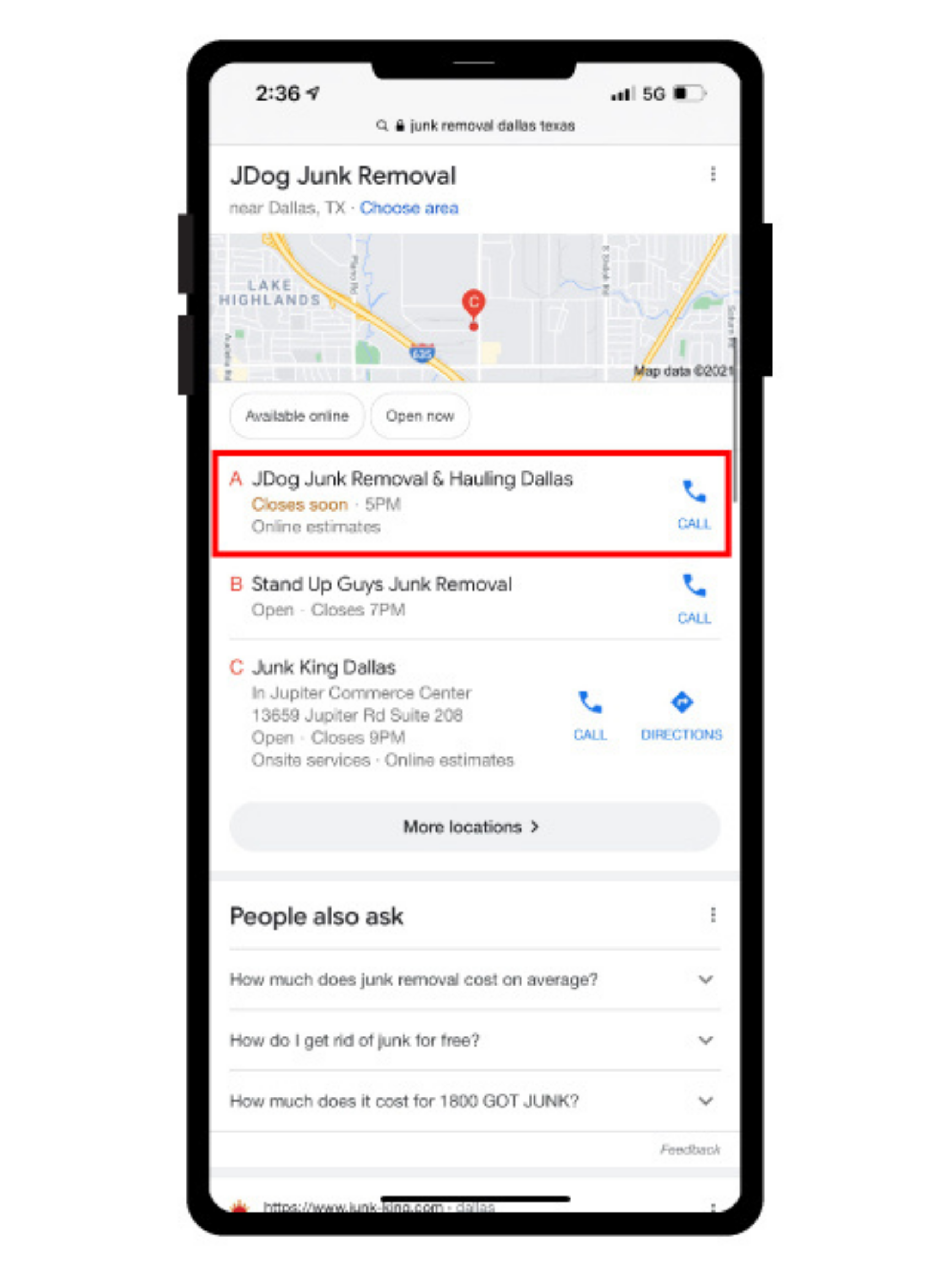



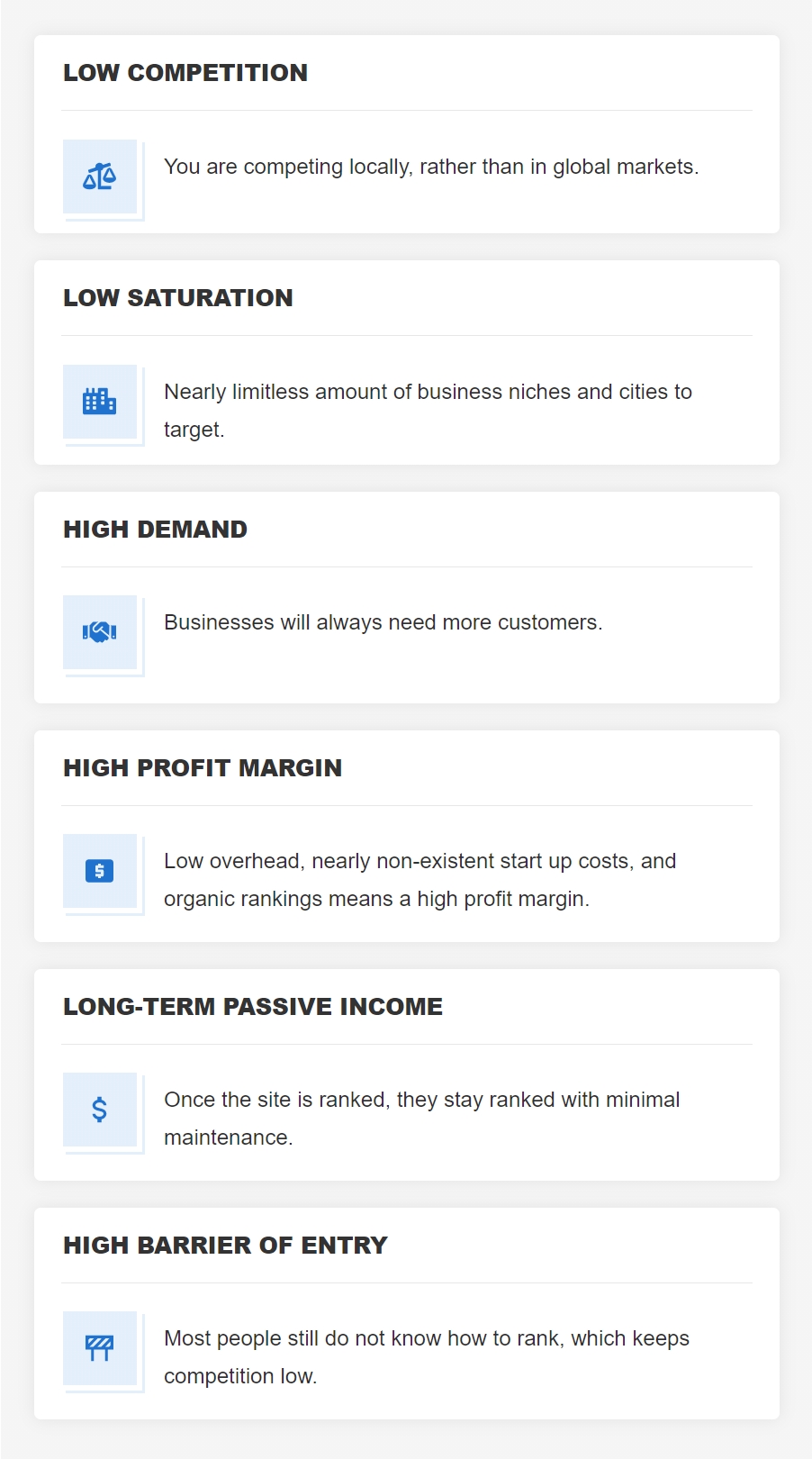





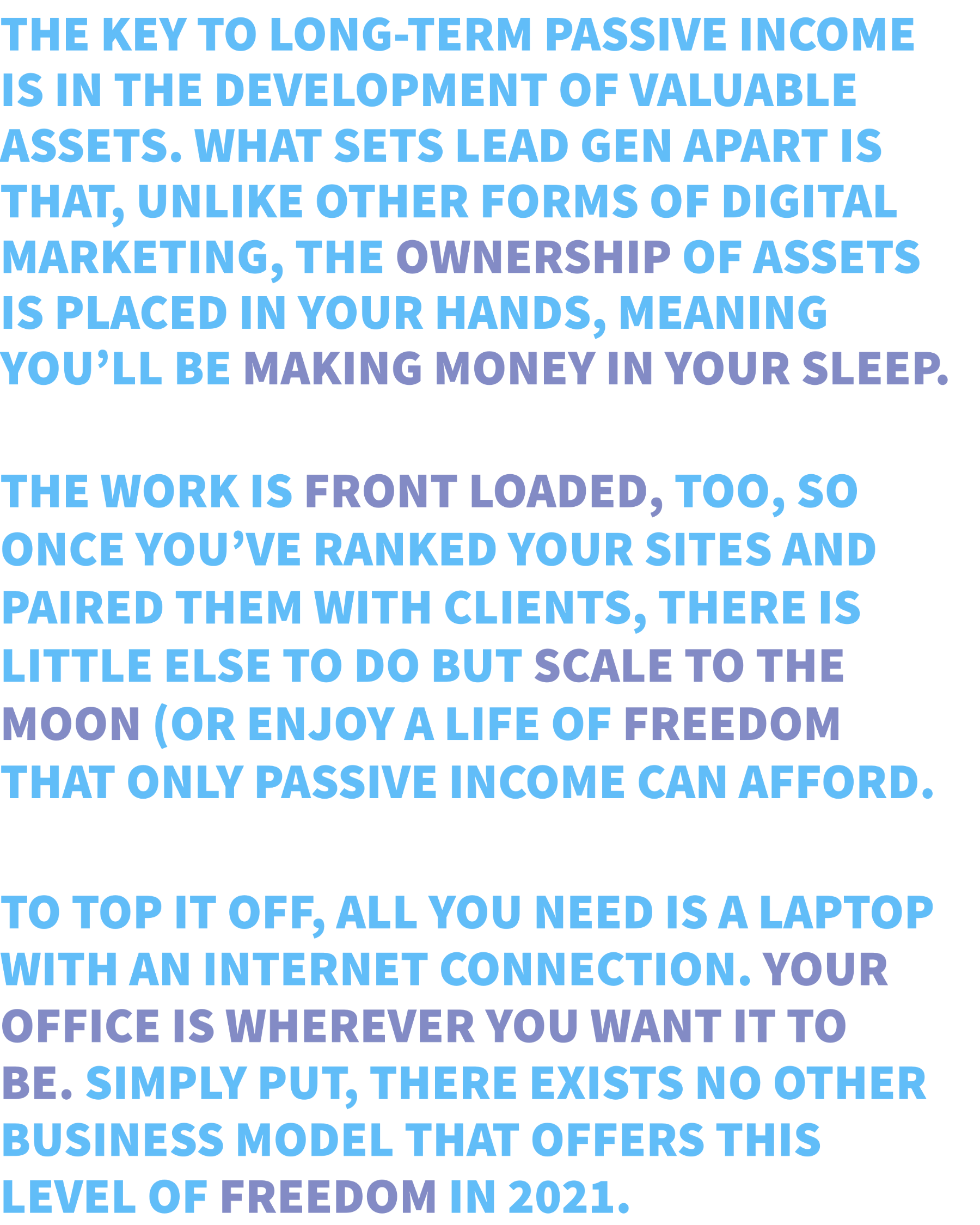

Local Lead Generation
Click the button below to find out how you can get started with Lead Generation today!